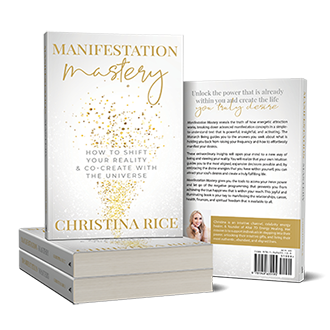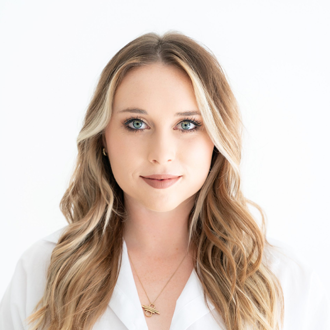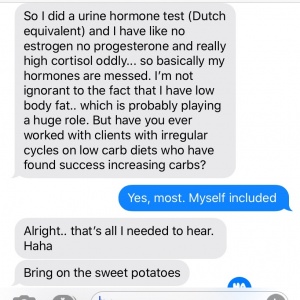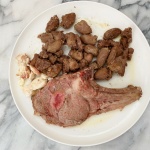I got this text message last week, and I wanted to share it because I receive messages like this very often. In a sea of information about the benefits of low-carb, ketogenic diets (and there are many benefits), there aren’t as many voices discussing the potential downsides or longterm negative effects. I am a huge believer in low-carb diets, but I don’t think they’re for everyone, and I definitely don’t think they’re for everyone longterm. Age, activity level, sex, underlying health issues, ancestry, emotions, and other factors all affect how our bodies respond to different foods and macronutrient ratios. Something that you don’t usually read on posts about “why keto is so great for you” is the problems that can arise for women in their reproductive years on low-carb diets.
I want to reiterate that this does not happen to everyone, but I see it commonly with my demographic of health-conscious women who are mainly 18-35. Many of them feel great on a low-carb or ketogenic diet at first, but then they start to experience problems when they stick with it for an extended period of time without cycling in more carbohydrates. Longterm low-carbohydrate diets without carb-ups tend to work better for men and for post-menopausal women, but I would argue that cycling macros / foods / calories can benefit everyone.
I started a ketogenic diet when I was 20 years old, and it helped me heal my gut and reverse my prediabetes. However, after a few years of my strict low-carb diet, my hormones were in the post-menopausal range, I didn’t have my period, my cortisol was sky-high, I was having issues with my sleep, and I felt chronically hungry no matter how much I ate. Many of my female clients have experienced some of the same symptoms when eating strictly (very) low-carb for an extended time, in addition to hair loss, mood swings, and energy depletion.
Many people forget that just because something gave you benefits initially doesn’t mean it will forever, and sometimes doing the same thing for too long can cause other problems. What do you do if your low-carb diet starts causing even more issues? It depends how long you’ve been on the low-carb diet, how severe your symptoms are, and how tanked your hormones are. Some women feel better if they just start carbing up a few times a week, or even just the week before their period.
For others, though, their hormones need a lot more work. If that’s the case, I’ve seen a lot of success with increasing carbs consistently to 100-150g at least every day until things balance out again, which often takes a few months. However, sometimes increasing carbs alone isn’t enough. Some women’s hormones only normalize once they reduce the intensity / volume of their workouts or stop them completely, eat more calories overall, put on some healthy weight / body fat, get rid of the chronic stressors in their lives, and support the liver. Sometimes all of those steps are necessary, and sometimes only a few of those are needed. Check out this post and this post if you’re missing your period after being on a low-carb diet.
My hormones were in the post-menopausal range for almost 4 years – I had no period and my cortisol was sky high. Making the changes above for over a year (consistency was key!) helped balance out my hormones and get my period back on track. After I rebalanced my hormones, I was able to return to a low-carb diet and feel great, but I cycle in carbs when needed so I don’t run into the same problems again.
Have you had hormonal shifts from a low carb diet?














Get Updates
And Goodies
We’re over fake “wellness.” It’s time to unlock your magic & magnetism. Are you ready to vibe higher?
Are you ready to finally optimize your health habits for real results and true health?